New geo-radar technology has uncovered traces of Karl XII's spectacular overland transport of galleys in 1718. The discovery provides new insight into one of Sweden's most fascinating military operations.
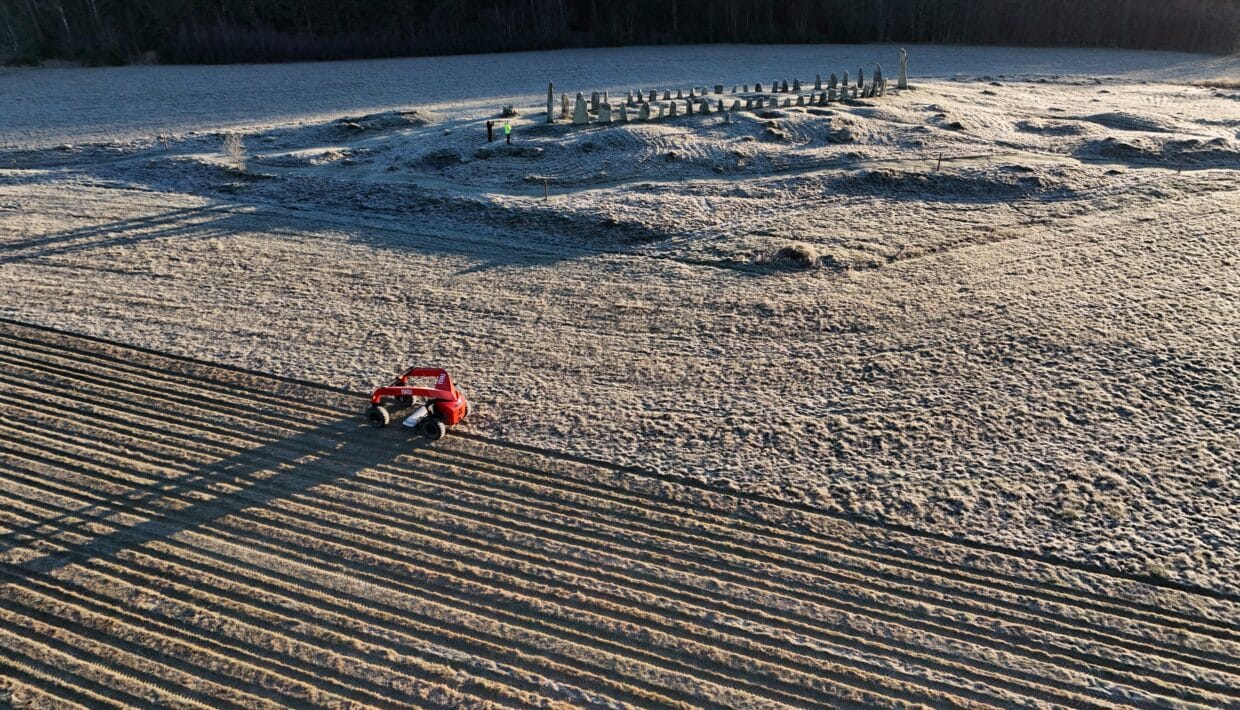

New geo-radar technology has uncovered traces of Karl XII's spectacular overland transport of galleys in 1718. The discovery provides new insight into one of Sweden's most fascinating military operations.
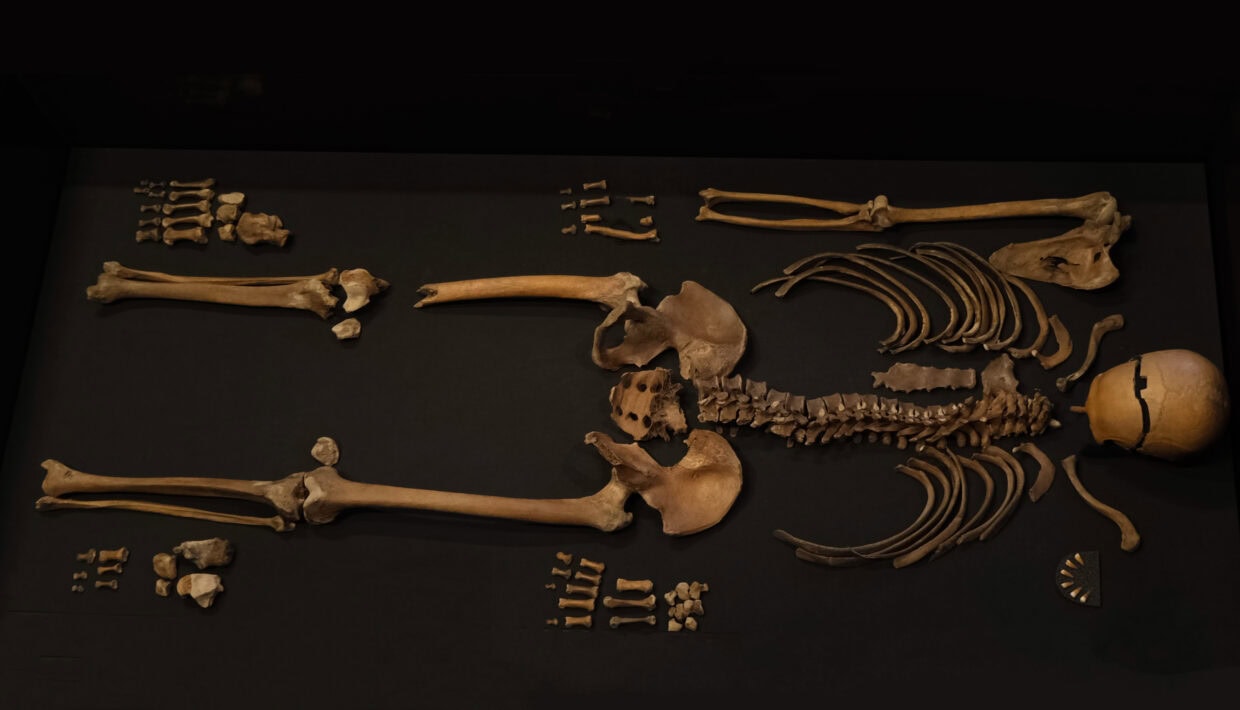
Analyses of the skeleton retrieved from the well at Sverresborg in Trondheim in 2016 shed new light on a dramatic story from King Sverre’s saga. Now, researchers know how old the man was, what he looked like, and where in Norway he was from.
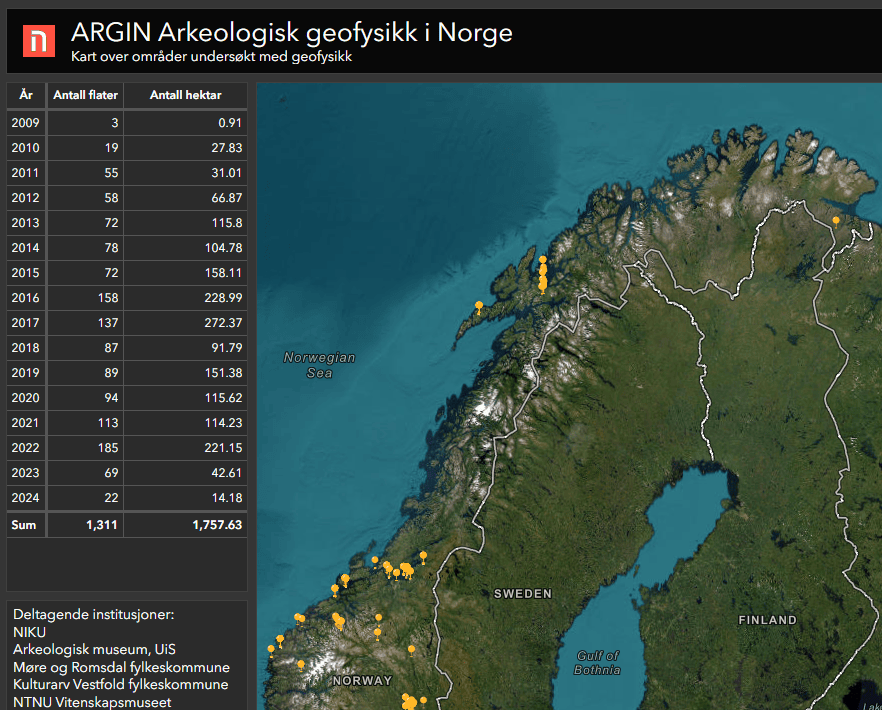
NIKU (with partners) has created an open map service with an overview of projects completed with archaeological geophysics in Norway. Almost 2000 hectares have been studied and 300 project reports are now available through the webpage argin.no.
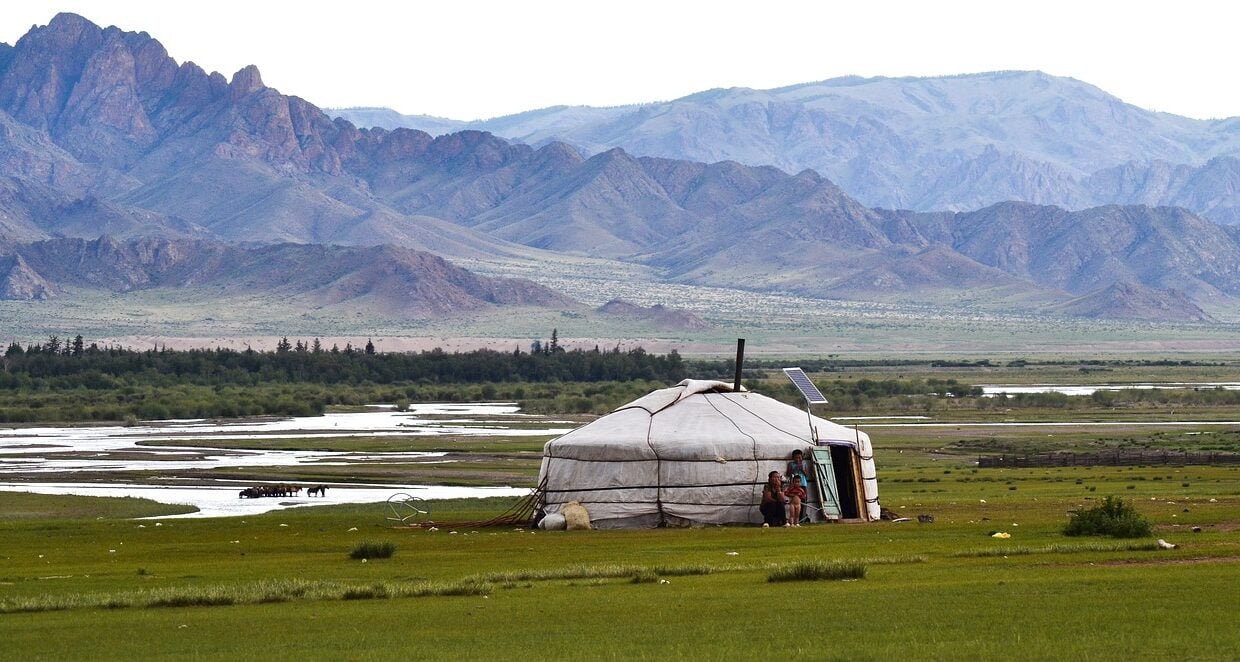
A summer in Mongolia is a distant thought for many. 1st of July, two of NIKUs researchers will travel to Mongolia to study cooperation among nomadic herders.
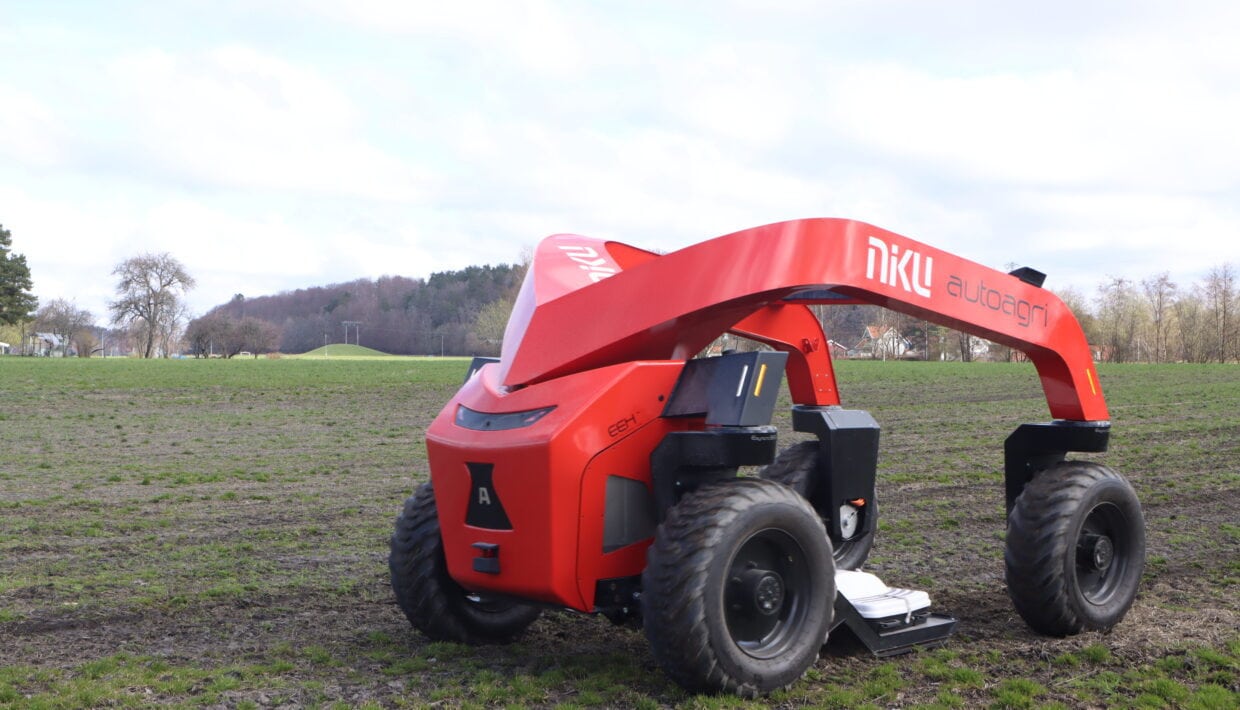
It is large, red, and drives around the field on its own in search of archaeological traces no one can see. No, it's not part of the Transformers universe, but an entirely new type of ground-penetrating radar robot. This spring, archaeologists from NIKU are using a revolutionary new technology to search for unknown cultural heritage sites. The technology promises increased efficiency, environmentally friendly solutions, and more accurate mapping of cultural heritage sites underground.
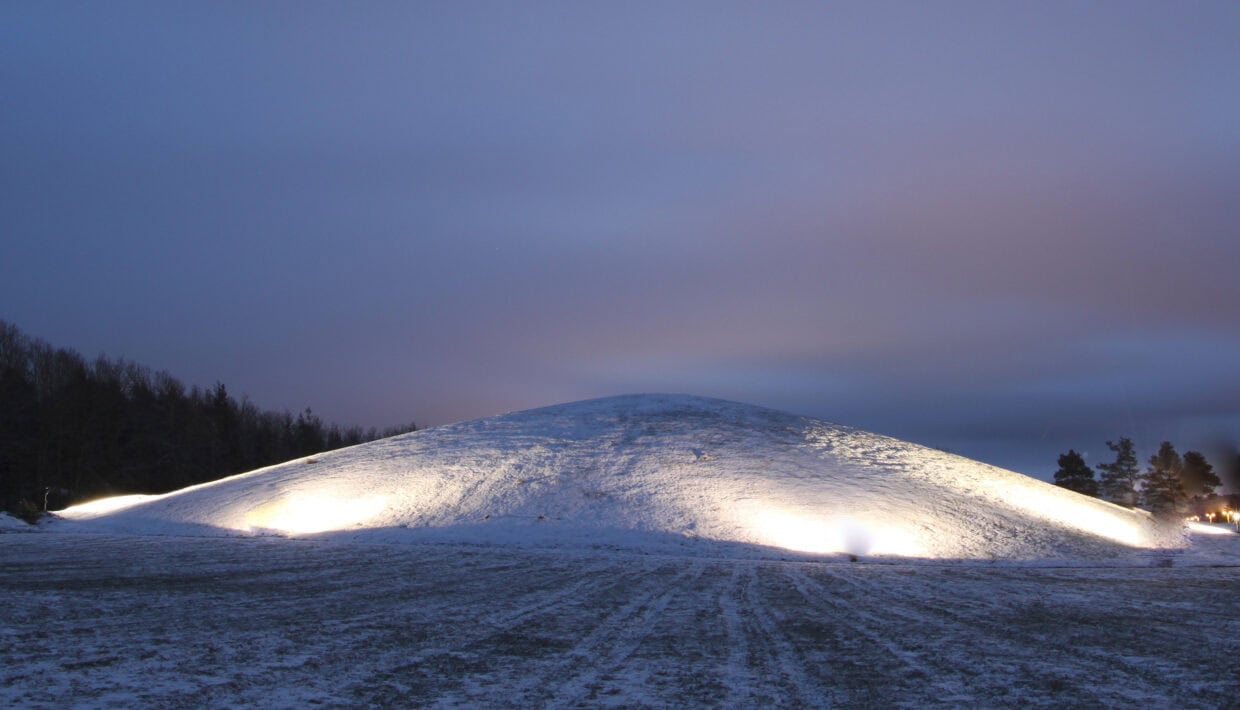
Call for papers for the conference Linking Places in the Emerging Viking Age in Oslo October 17-18th. The submission deadline is 31st May.

Save the date for the conference Linking Places in the Emerging Viking Age on the 17. and 18. October 2024! More information to come early next year.
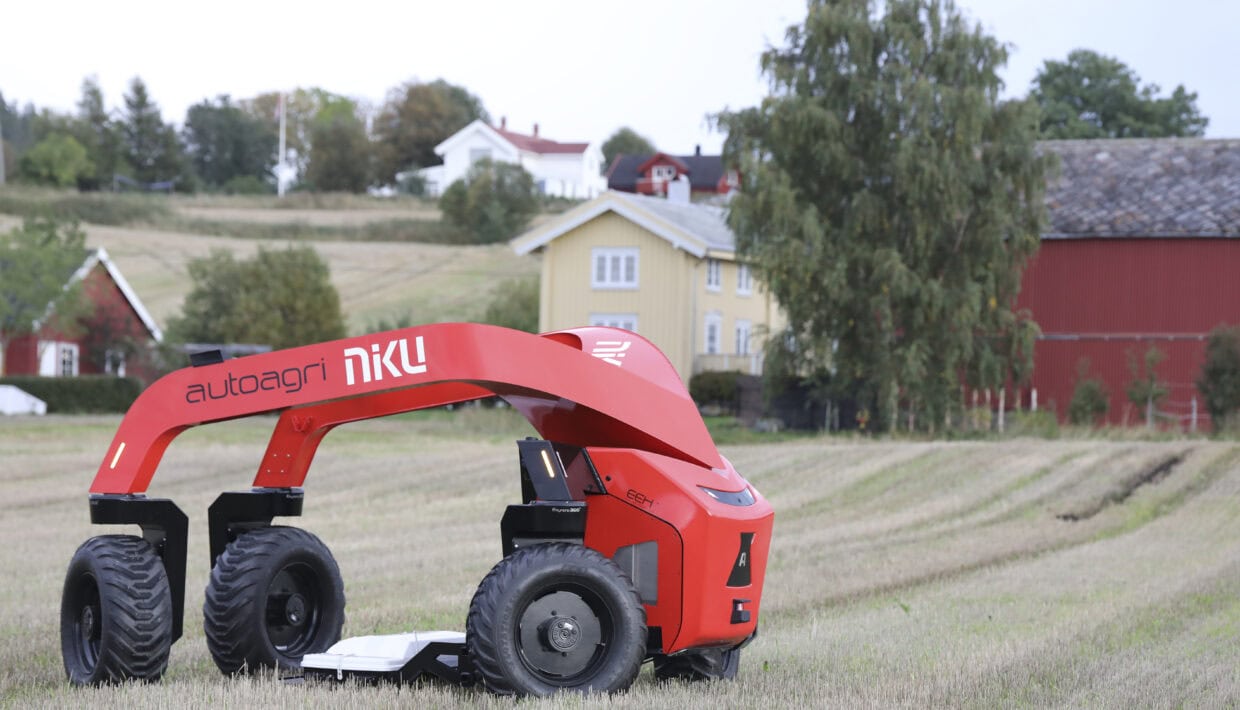
The Norwegian Institute for Cultural Heritage Research (NIKU) and AutoAgri are launching a revolutionary self-driving ground penetrating radar (GPR) for archaeological survey. The technology promises increased efficiency, climate friendly solutions, and accurate mapping of hitherto undiscovered cultural heritage.
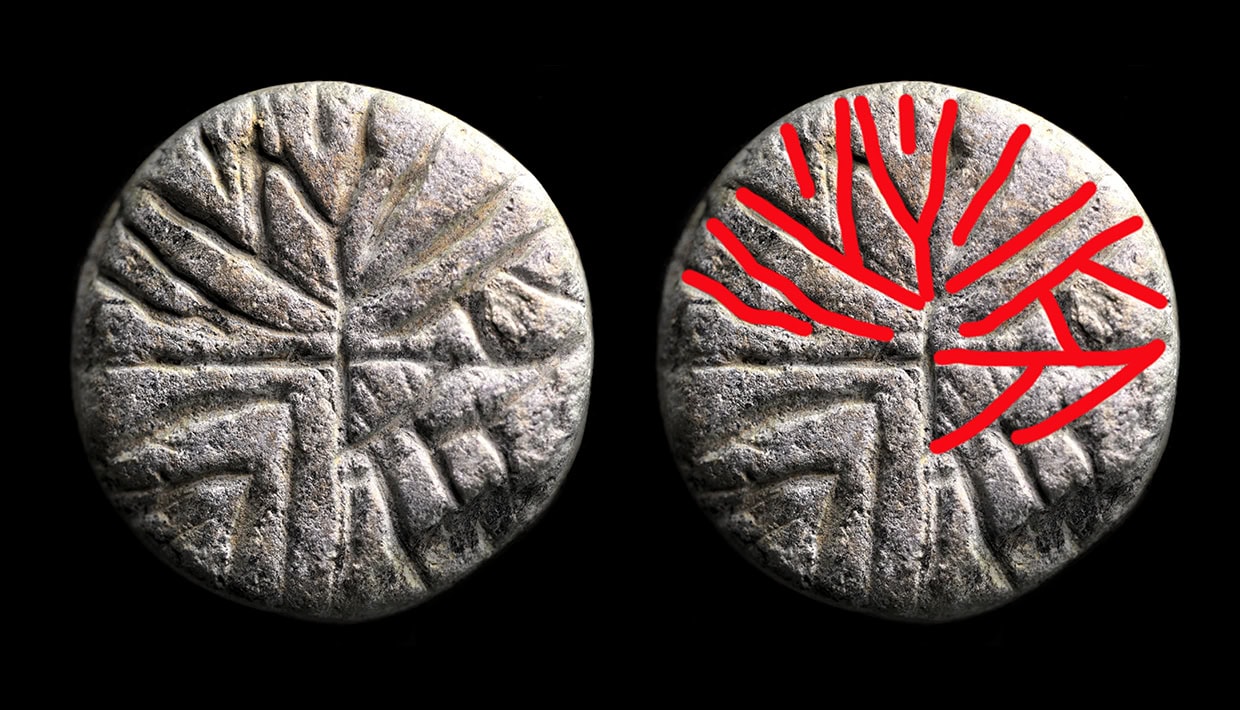
When archaeologists from The Norwegian Institute for Cultural Heritage Research conducted a last-minute excavation in Medieval Trondheim last year due to a broken sewer pipe, a surprise find was made. A soapstone gaming piece bearing a runic inscription.
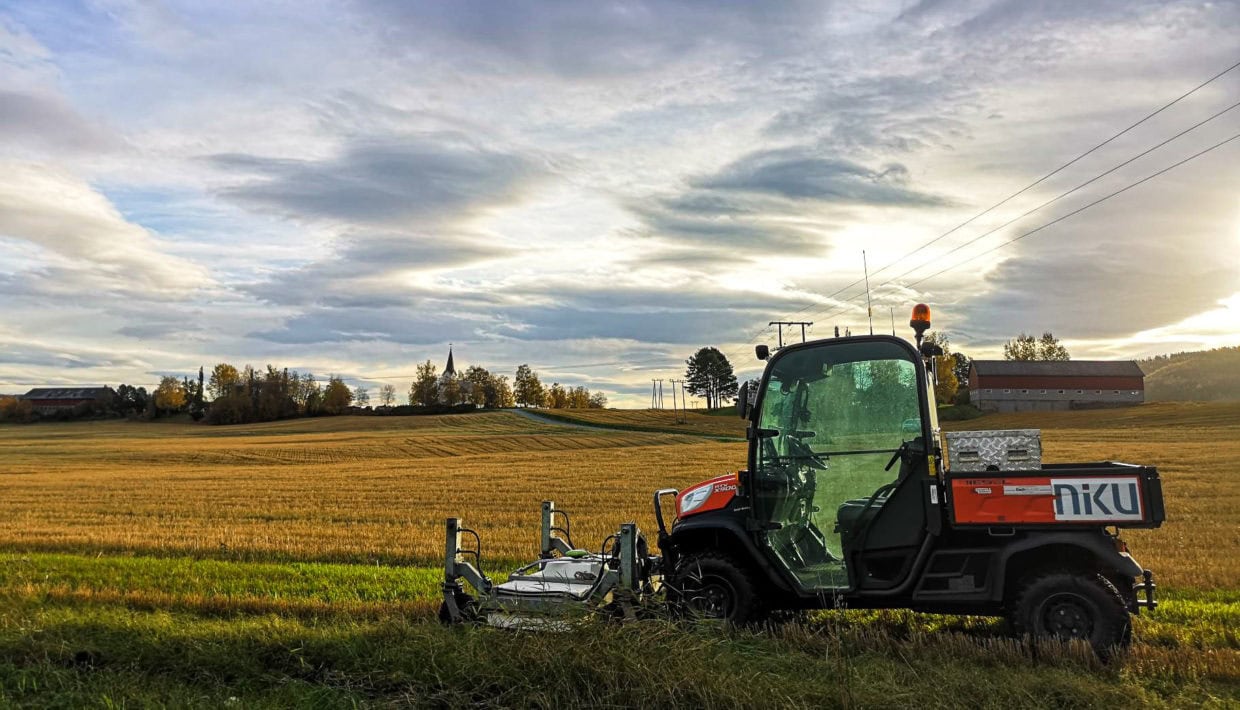
Last autumn, archaeologists using ground-penetrating radar (GPR) discovered traces of previously unknown graves and settlement activity at several locations along Trondheim Fjord. They hope that these discoveries can shed light on state formation, national unification and religious change in Norway a thousand years ago.
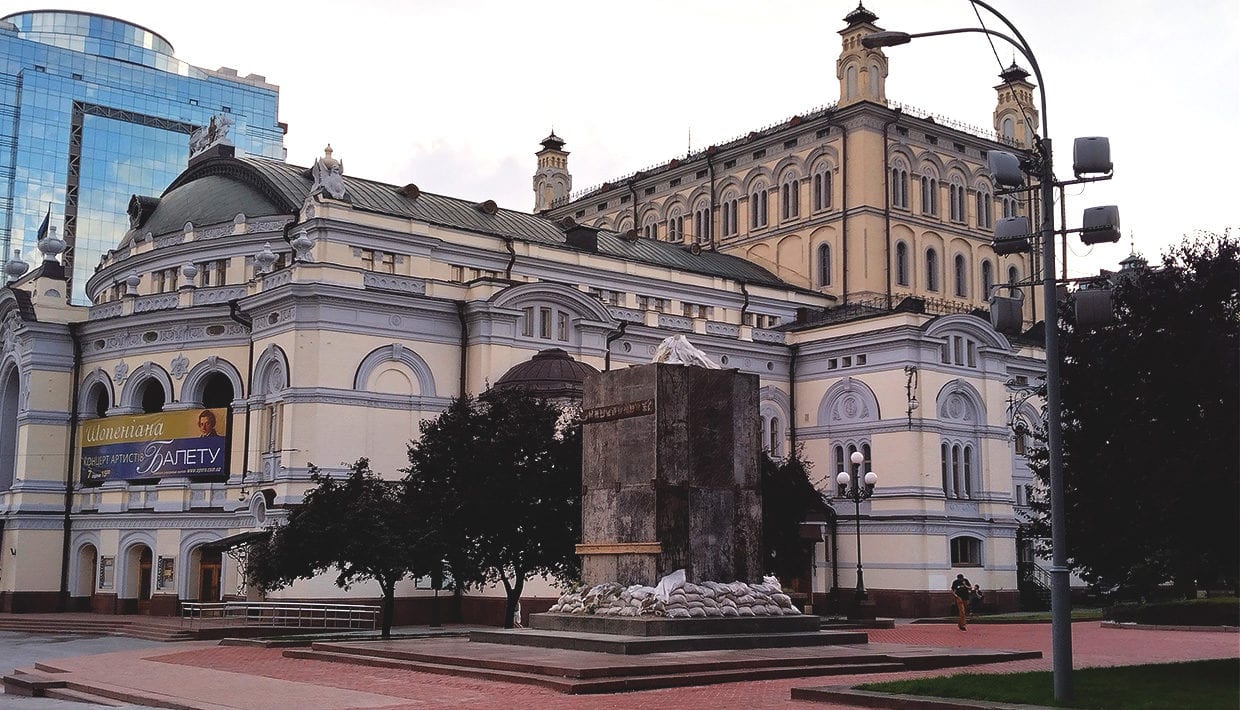
A new international project is to explore how cultural heritage, monuments and the professionals involved in their safeguarding, can be better protected during times of war.
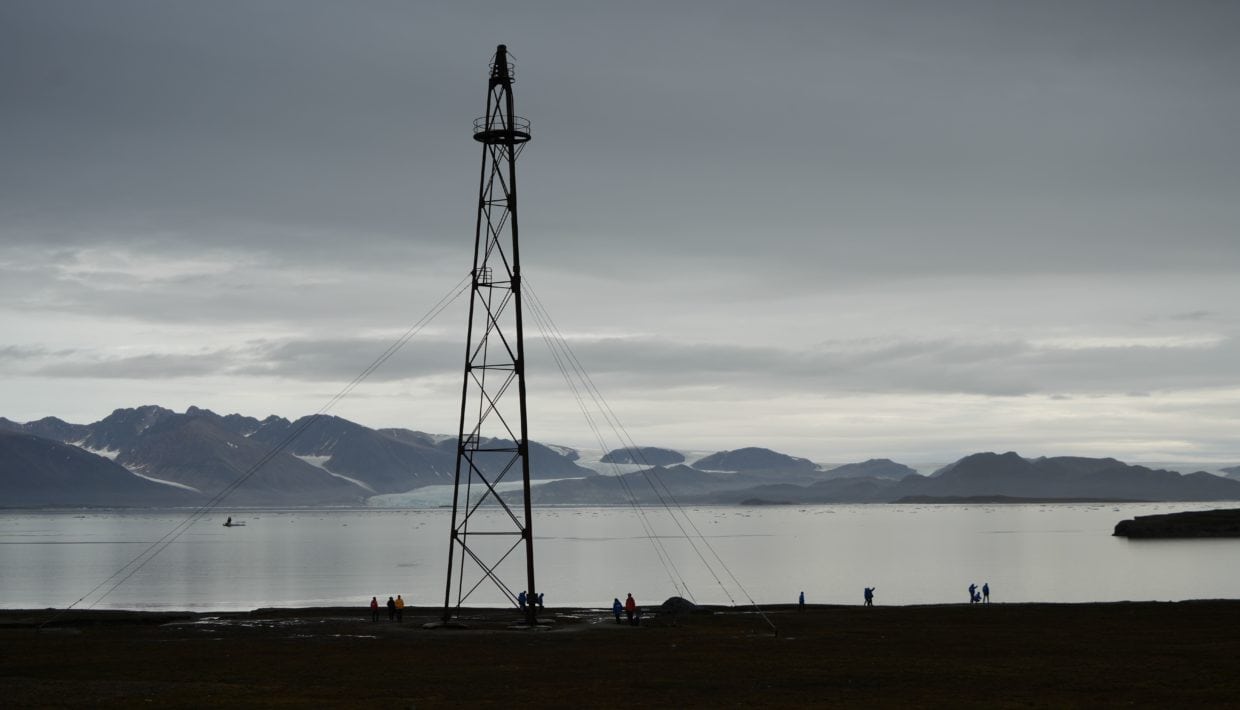
A major research project seeks to find out how cultural heritage in arctic and alpine environments degrade and how they can be preserved.